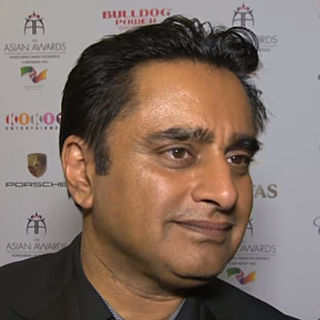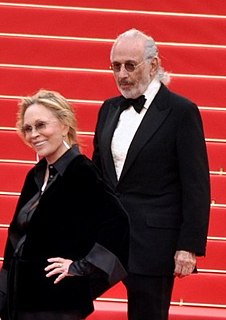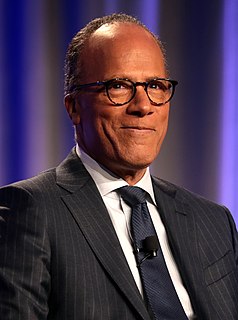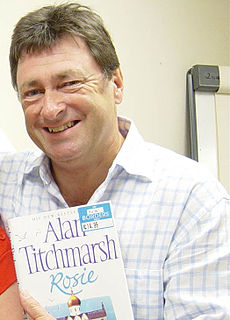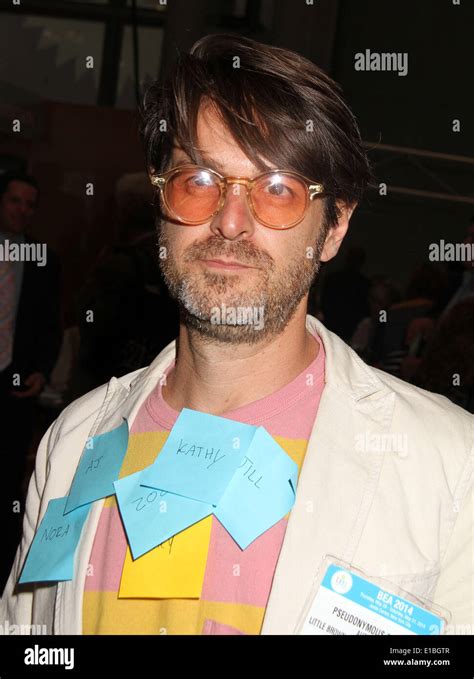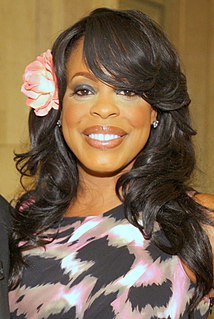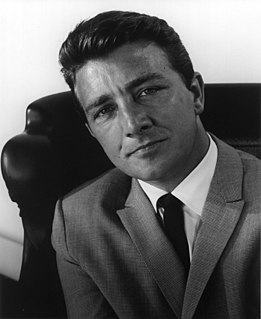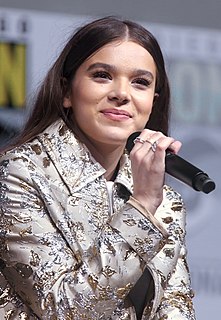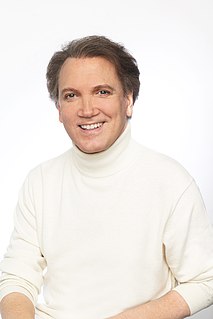A Quote by Sanjeev Bhaskar
I've always felt I had to prove myself, and now it has become second nature. When I first went to university, I took lodgings with a woman who said, 'What are the chances of you staining my pans?' I said, 'I don't think I understand the question...' and she said, 'When you cook your curries.'
Related Quotes
I took Alexey Brodovitch course at the New School. He taught me something that I've always remembered: After we did the initial assignment, he contradicted what he had said the first week, and I said, "Okay." The next week, he contradicted what he had said the second week. We went through 10 weeks of contradicting, and I thought maybe he was drunk. At the end, he said, "You may think I've contradicted myself, but there's no one way to do anything."
The first expert said he had attention deficit disorder. The second expert said the first was out of order. One said he was autistic, another that he was artistic. One said he had Tourette's syndrome. One said he had Asperger's syndrome. And one said the problem was that his parents had Munchausen syndrome. Still another said all he needed was a good old-fashioned spanking.
I remember we [with Donald Trump] were sitting in a meeting and he walked in and he looked at me and he said - maybe five or six of us in there - and he said, "Are you the first woman to ever run a presidential campaign?" And so the guys in the room said, "First Republican woman." And I said - you know, I always think of Susan Estrich and Mary Kay and Donna Brazile, and respect them enormously; know one of them very well. And I said, "Well, I'm the first Republican one."
I decided to become an actor at five. I saw the most gorgeous woman that I had ever seen in my five years of living on television. She had on a long, red dress and her eyelashes looked like butterflies and I said, "Grandmamma, who is that?" She said, "Baby, that's Lola Falana." I said, "That's it right there. I want to be black, fabulous, and on TV."
As a young girl I was a real tomboy, only listening to myself. I carried on with this attitude even as a woman and when I first launched the Sonia Rykiel line, and said to women to remove their bras or when I designed sweaters with stitches inside out, everybody said to me that it was crazy and risky, but I ignored what they said and I did what I felt was right at the time.
And I asked my mother about it; I said, 'Is there something wrong?' She said, 'God... God makes people. You understand that, don't you?' And I said, 'Yeah!' She said, 'Who makes a rainbow?" I said, 'God.' She said, 'I never presumed to tell anyone who could make a rainbow what color to make children.'
I had two chances to fail [working for Disney]. The first one, they said was "too juvenile." The second one was,they give you general areas to work in. They said, "Set 'My Fair Lady' in ancient Egypt."I came up with this idea about an Egyptian princess, and I gave her, as a sidekick, a little scarab. I had a telephone meeting with the executive "handling" me, and he said, "I looked over the notes. Very cute. But lose the beetle.Beetles don't talk." Well, how do you answer that? I said, "Excuse me just a moment, I've got a teacup calling me on the other line."
Okay," I said, "what's your biggest fear?" As always, he took a second to think about the answer. "Clowns," he said. "Clowns." "Yup." I just looked at him. "What?" he said, glancing over at me. "That is not a real answer," I told him. "Says who?" "Says me. I meant a real fear, like of failure, of death, of regret. Like that. Something that keeps you awake nights, questioning your very existence." He thought for a second. "Clowns.
Here," Myrnin said, his voice still gentle and low. "Amelie said you had to work. No one said you had to work alone." He picked up the next part and slotted it in, took the screwdriver from Claire's numbed fingers, and fastened it with a couple of deft, fast movements. "I'll be your hands." She wanted to cry, because it was so sweet, but it wouldn't do any good.
